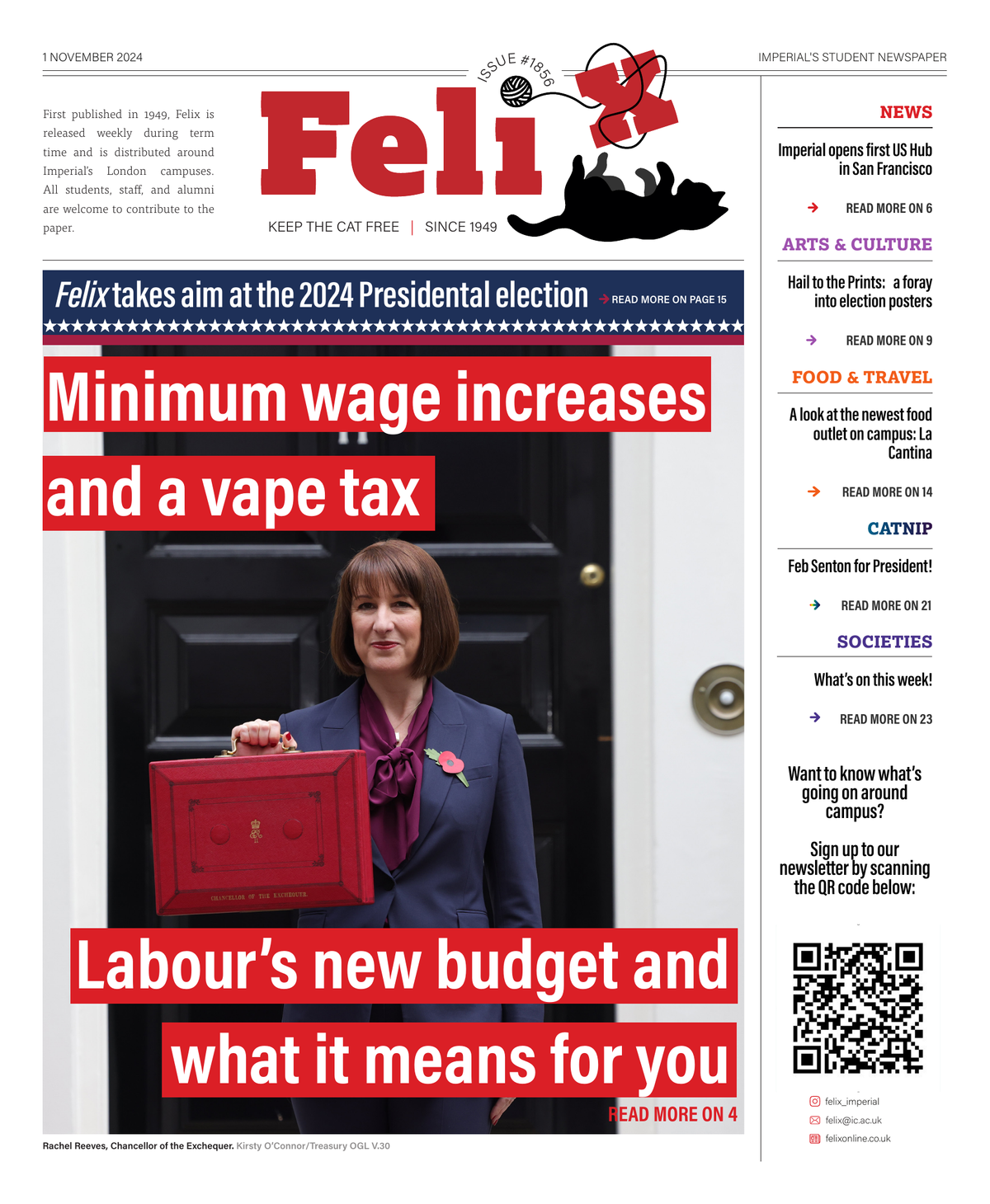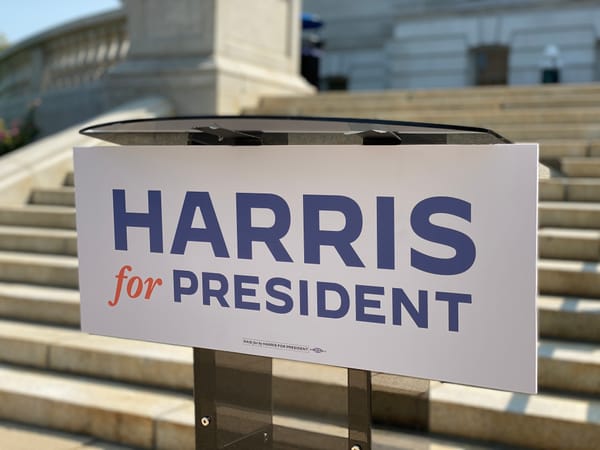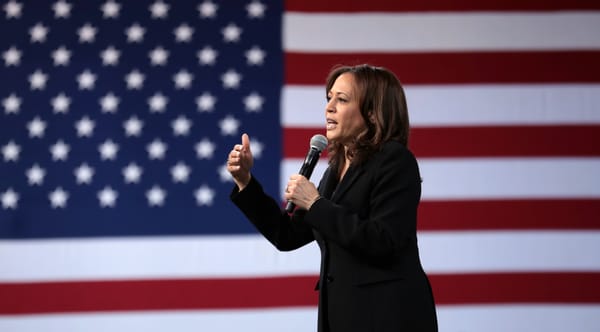The second messiah, or how Trumpism weaponised religion
The party of choice for the white practising Christian, Republicans have had especially strong support from white Evangelical Christians – in every election since 2000, a greater proportion of them have voted for the GOP ticket than any other religious demographic. This has only grown since 2016, with as much as 85% of white Evangelical Protestants registered as Republican voters in 2023, according to a Pew Research poll.
Donald Trump’s Republicans, unlike the old guard, have succeeded in courting the pious vote by using religion as a bugle call to galvanise their supporters. This fusion of far-right politics with fundamentalist Christianity has given rise to Christian nationalists like House Re Marjorie Taylor Greene, who vehemently believe Christian traditions are under attack by external anti-religious forces, and religion and politics are one and the same. For them, Mr Trump is a messianic leader, and keeping the Democrats out of Congress and the White House is doing battle with evil. The January 6 coup d’état, where the former president incited supporters to charge the Capitol and prevent the certification of the 2020 electoral votes, demonstrated the lengths they are willing to go to for this end: many rioters held posters declaring that Mr Trump was divinely anointed to be president, even likening him to Jesus.
There are economic factors at play as well: US counties in the lowest quartile for median household income are overwhelming concentrated in the Bible and the Rust Belts, regions with a high prevalence of Evangelist Protestants. This gives an insight – one championed by JD Vance in his controversial autobiography Hillbilly Elegy – into the working-class white voter, who feels politically neglected and left in the dust of a reportedly strong economy under the Biden administration. It also explains why religious voters are willing to look the other way for a candidate who, at least ostensibly, cares about their plight.
The ramifications of a second Trump term on key religion-adjacent issues are apparent just from what the party has managed to do so far. Their biggest achievement so far has naturally been the overturning of Roe v. Wade in 2022 by the conservative majority of the Supreme Court, allowing states to legislate on abortion as they see fit. As a result, abortion is currently banned in 14 states, and despite a nation-wide pro-choice campaign, South Dakota is the only one of these which will have the issue on the ballot next month. With a Senate majority looking likely and close races for the presidency and the House, Republicans have the chance to seize control of the executive and legislative branches. If they do, all eyes will be on them to see what kind of direction they will take the country in.










